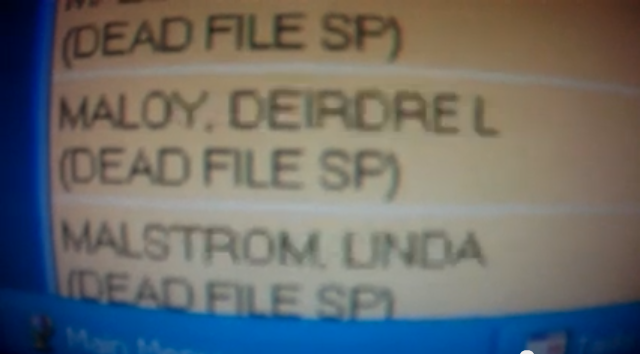
As if you didn’t know that already.
This is the first time I’ve actually had documentation of it, though. (“Dead File” simply means “Do not contact this person (treat them like they’re dead).” SP means “Suppressive Person.”) Apparently full SP list can be found here and in related videos.
I’d actually intended to change my surname a few years earlier than I actually did, and I’d gotten into a fit of Celtic pride after taking some Irish lessons in Hollywood back in the day. When I actually tried to figure out what to change my surname to, well, the Irish form of Maloy (Ní Mhaolmhudhaigh) was too unwieldy, so I picked a first name.
Saoirse means freedom. (Moen is Rick’s surname. Like the Borg, I added his distinctiveness to my own.)
In this case, it was a meta commentary about my life: I was free from the trap of selling freedom to people who were freer before than they would be after.
Events that have occurred recently have had me thinking: should I write a book about my time in Scientology? I came up with a great title for it yesterday. I’m only going to reveal one word: Firebrand.
I never had the experience of Marc Headley, who got run off the road trying to escape from Hemet. I still shudder to think I could have wound up there. Wanted to, in fact.
To my knowledge, I was the first person for whom Scientology used its resources to out me on the internet. (timeline here)
There are — a lot of things I wouldn’t say outside a book. Like why “firebrand” is the right word in the title. Or why writing a book makes me shake, even oh so many years later. Or why you might think less of me once you’d read it. Or, weirdly, why you might think more of me in ways that would make me uncomfortable.
I left because I didn’t like the person I’d become. It was alien — and antithetical — to the person I wanted to be. It wasn’t a problem Scientology could solve, but it was one they could create.
I have a story, though, one that’s far more interesting than I’ve been letting on. (For those of you who know the details that I’ve only told trusted people face-to-face for the past 20 years, I ask that you keep my confidence just this little while longer.)
Back in the day of the ScienoSitter, when Scientology secretly installed internet filtering software on Scientologists’ computers under the guise of letting them build their own pro-Scientology web sites, “Deirdre” was one of the banned terms. Web pages with my name in them were secretly unavailable. Some of those web sites still exist; Robin Rowand, who got me into Scientology (along with her husband) still has hers up.
I’m. Just. That. Awesome.
My story is also related to the reason that XKCD 386 is my license plate.

So. My question: is that a book you’d be interested in reading?
I wrote the rest of this post July 2, 2010, after a visit to where I’d been staff for several years, back when we decided to go visit the old stomping grounds for grins. Yeah, we punked them.
Talk about your surreal. Friend of mine and I headed down to Tustin to the grand old corner of Irvine and Red Hill to see how the old place (where we’d both worked) was.
First of all, the parking lot is really ratty. These people, if they want to sell that building, need to make it less of an albatross. Paint was peeling all over and it almost looked like it hadn’t been painted at all since I was there last in 1990.
When I walked in the entrance nearest reception, two people were standing there and one asked what I needed (very friendly, though) and led me to one place. I said I didn’t know if I was declared a suppressive person, I’d emailed ahead of time (by a day), and I was coming in to find out my status. You think this might make them unfriendly, but it didn’t. After all, one of the steps to being recovered is paying $BIGBUCKS and there I was on Thursday morning, almost as if I knew that stats were collected on Thursday at 2 and they could use the income.
So we got led to the “special people” reception, who then led us to Ethics reception. Unfortunately, the Ethics Officer was busy, so we had to wait in the special ethics reception (yes, so far I’ve been in three reception areas within a span of 10 minutes. Such is Scientology — everyone’s busy sending people places to wait.)
Someone popped in, looked at me, did a double-take and said, “You’re….” As soon as I heard the voice, I recognized her. She’d not aged well, looked quite wrinkled, and her hair had gone from jet black to light grey, but I had worked with her for 8 years, just not closely.
“Deirdre.”
“Wow, I haven’t seen you in a long time.” So we chat for a while.
This is repeated twice again with other people, the final person being the guy who now runs the place, Ed Dearborn. He was in his early 20s when he joined staff there, meaning he’s now somewhere between mid-40s and maybe as old as 50 (I can’t quite remember how long we worked together).
The Ethics Officer came out, she was a cute 20-something, obviously someone I’d never met except perhaps in infancy, and was very polite. I wrote down my name, my old post, my dates of employment, and my senior’s name and dates of employment. She went away for a loooooooong time (30-45 minutes, it seemed like), and then came back with a single sheet of paper.
“Your ethics file is not here.” That must have saved 2-3″ in a filing cabinet. 🙂 “There is, however, a note that you were declared, but I have no copy of that declare.” Later, I thought: they aren’t cleared for my level of suppression. Probably literally.
The piece of paper was my old boss’s suppressive person declare, a scant one page long. Now I’ve read some really lurid ones of these, including specific sex acts, and all kinds of details that were mostly fabricated, running on for pages and pages.
I felt kind of sad for my friend — he was accused of exactly one thing, which he apparently did do, and nothing else, making it seem like he was insufficiently important for a lurid declare, nor was it probably credible that he’d actually done anything lurid. He’s one of those steadfast kinds of people, though. Very nice guy.
After that, we went to a location Google maps told us was Scientology in Santa Ana — a warehouse of unknown purpose, and the new “Ideal Org” building in downtown Santa Ana had a water disconnect notice (for $1400+ for an empty building, no less). The notice had been there for three weeks, apparently unnoticed by anyone at the org.
Speaking of the Ideal Org campaign — essentially, each org, even those that own their buildings clear (as Orange County has in the past), was too ratty, and thus there’s a campaign to raise money to get historic buildings, glossy interiors, and this is funded by fundraising from affluent Scientologists. The highest contributors are called, get this, “humanitarians.” That will explain one of the photos in the set below.
Note: April 1 2015, I’ll finish reposting the photos later today, but here’s the “humanitarian” one.
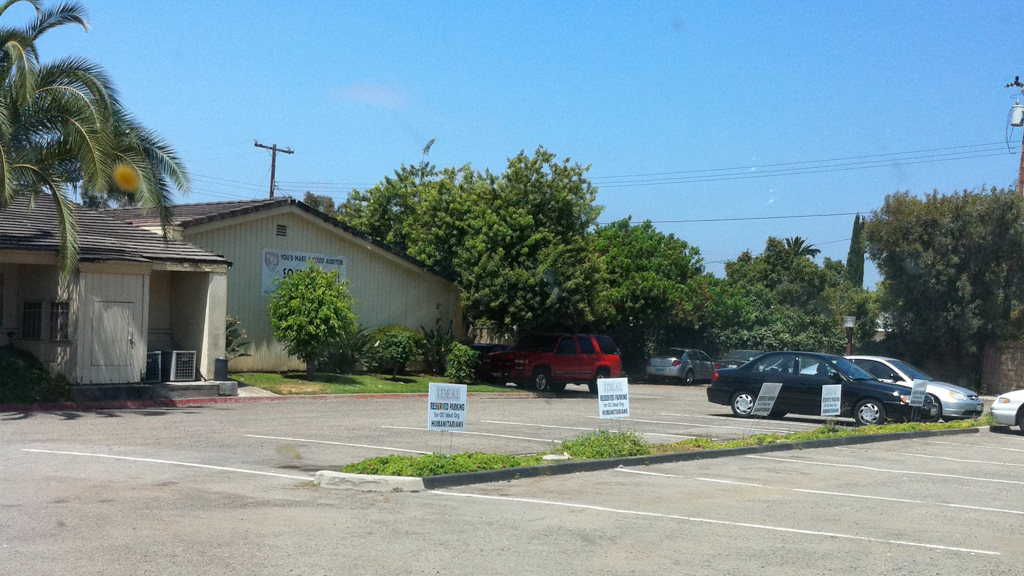
Read More
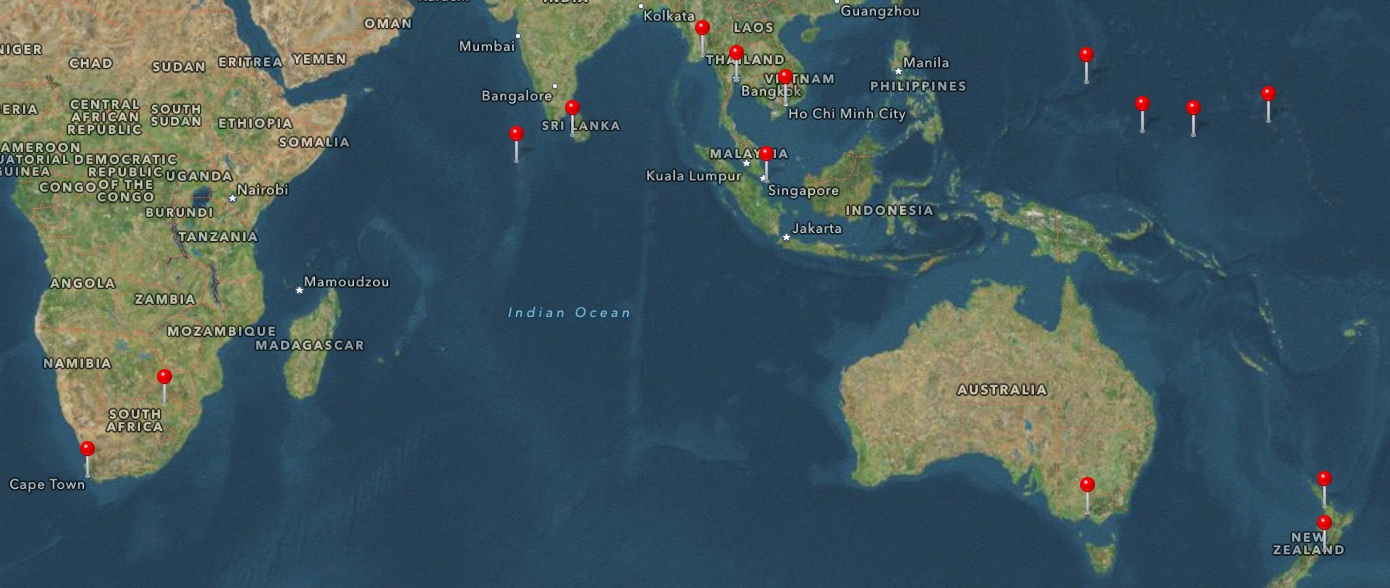 ]
]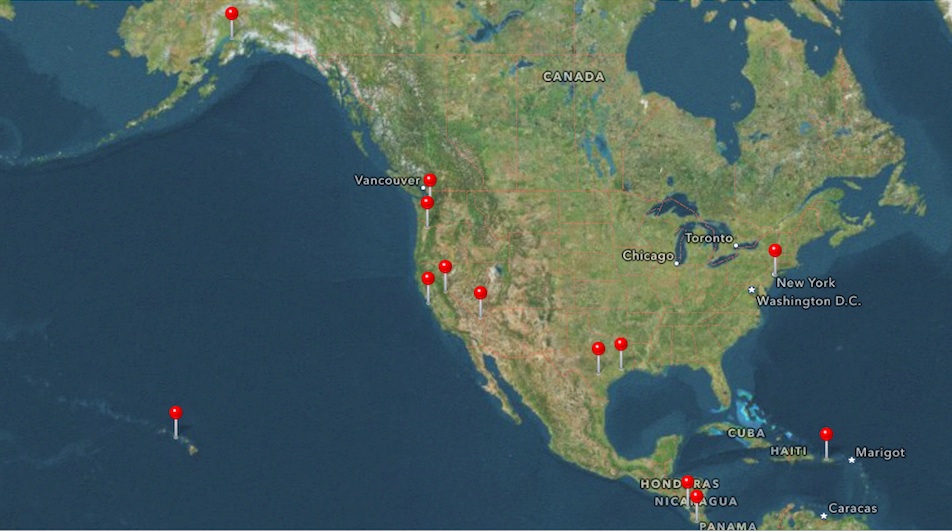 ]
]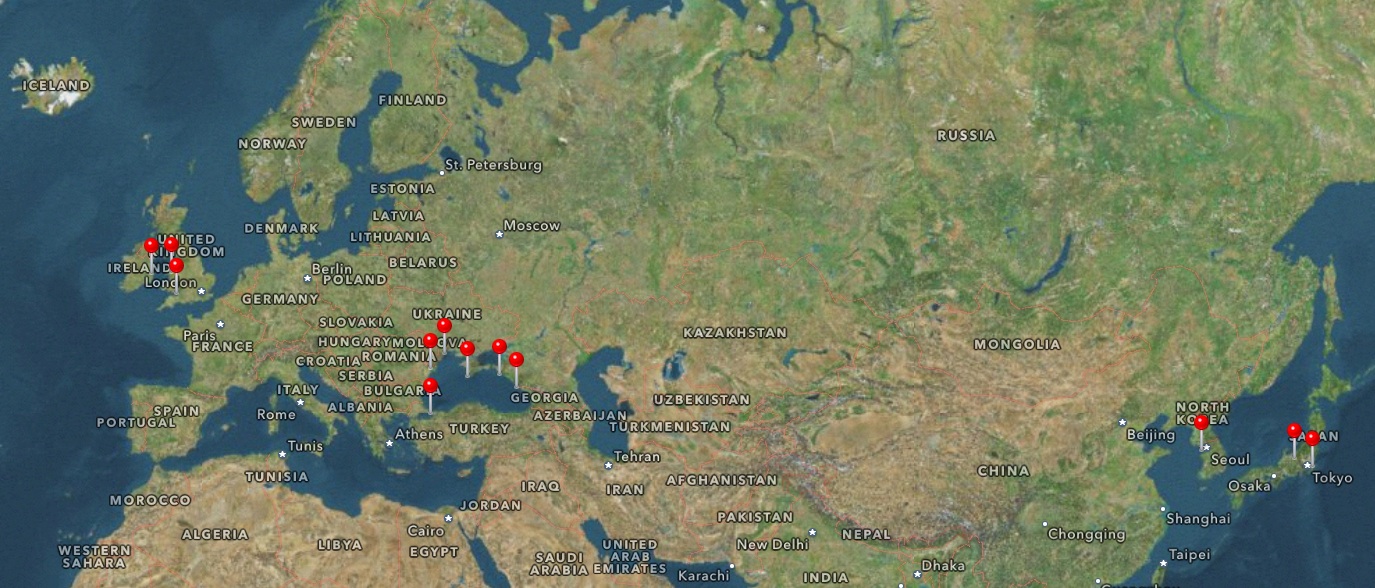 ]
] ]
]






 ]
] ]
] ]
We were very lucky to visit Mount Arenal on our recent Costa Rica vacations. I didn’t get to see Mount Arenal on my first trip in 2012. On that trip, I only visited the Papagayo region in the northwestern Guanacaste Province.
]
We were very lucky to visit Mount Arenal on our recent Costa Rica vacations. I didn’t get to see Mount Arenal on my first trip in 2012. On that trip, I only visited the Papagayo region in the northwestern Guanacaste Province.